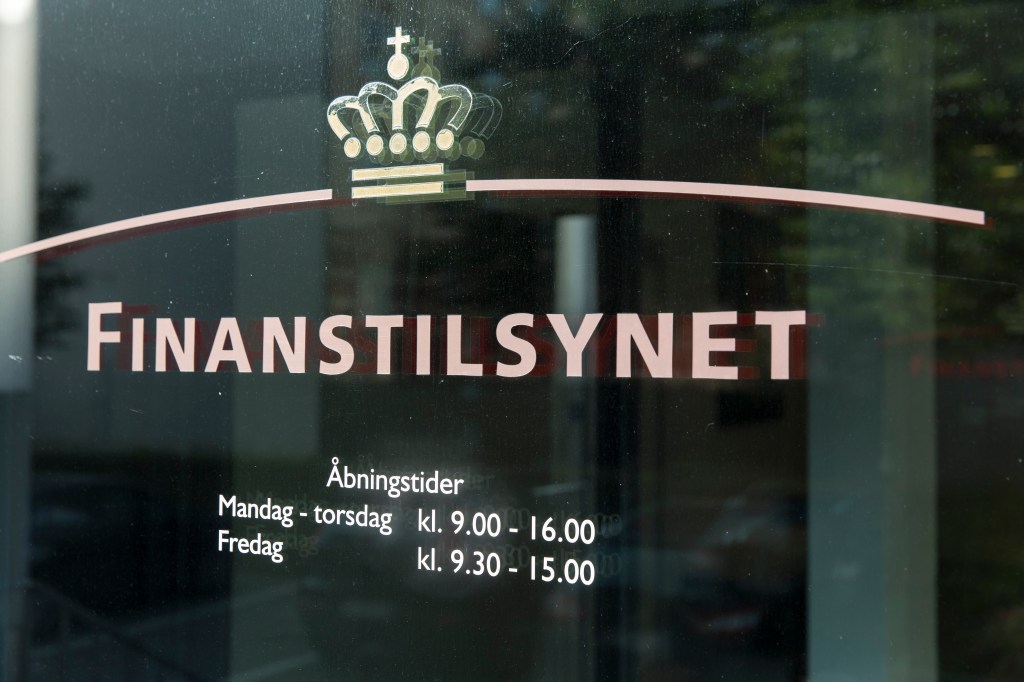Enforcement actions against FINRA member firms for recordkeeping violations involving off-channel communications were settled by FINRA member firms on substantially similar terms between 2021 and 2024.
In January 2025, additional enforcement by the SEC resulted in settlements by FINRA members that included significantly less burdensome terms.
And this, according to a blog post
Register for free to keep reading
To continue reading this article and unlock full access to GRIP, register now. You’ll enjoy free access to all content until our subscription service launches in early 2026.
- Unlimited access to industry insights
- Stay on top of key rules and regulatory changes with our Rules Navigator
- Ad-free experience with no distractions
- Regular podcasts from trusted external experts
- Fresh compliance and regulatory content every day













